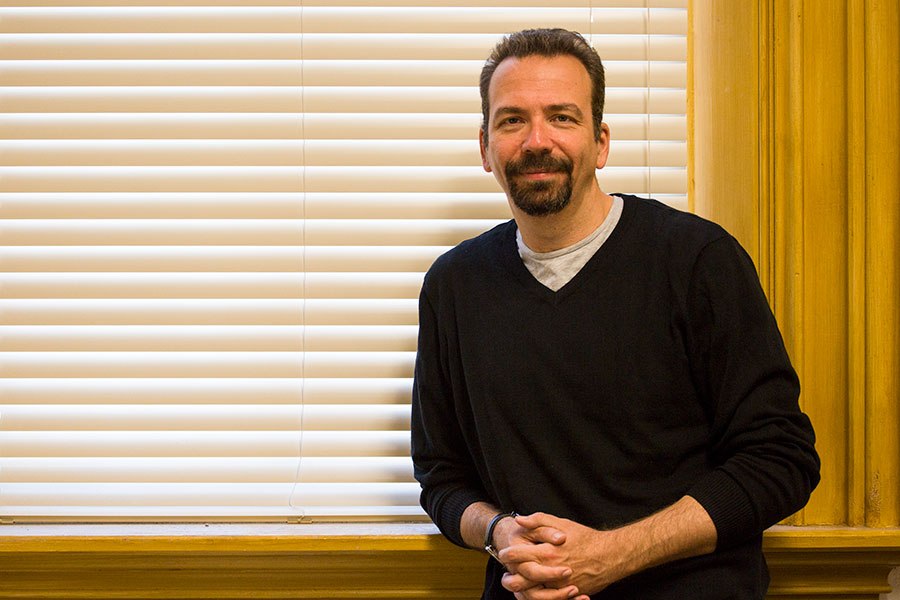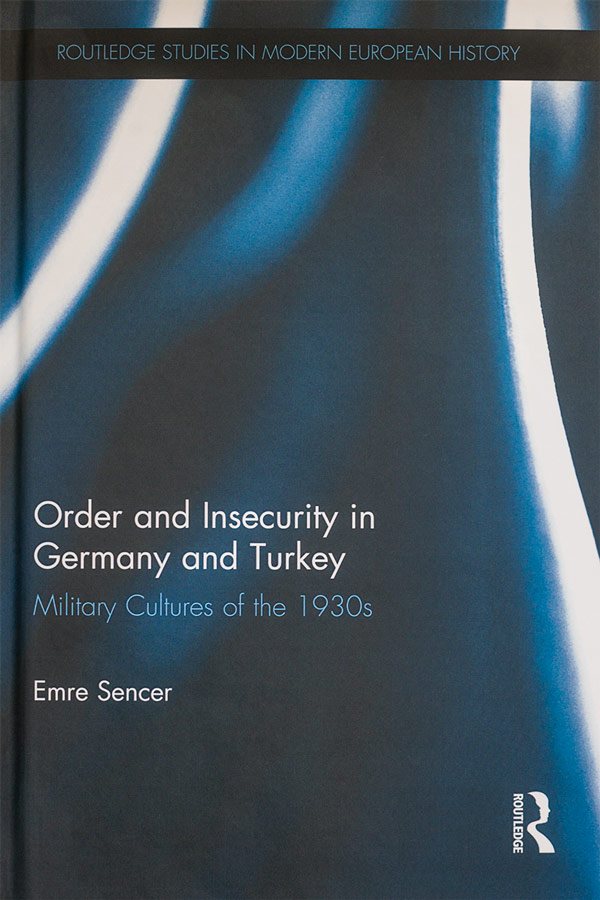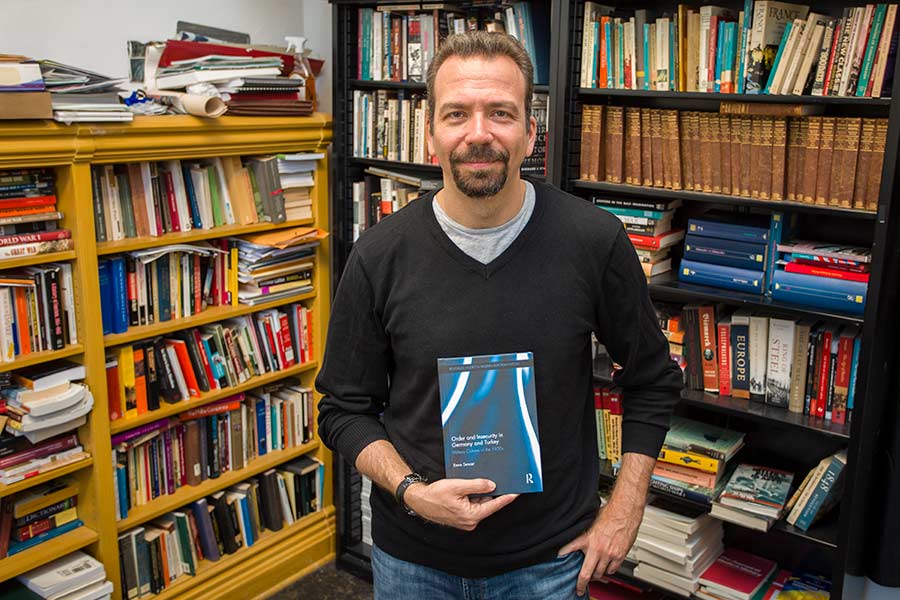

Historian Examines Military Reaction to Political Crisis
Sencer, who also chairs the International Studies Program at Knox, teaches a wide array of courses covering 19th and 20th century Germany, modern Europe, the Middle East, the Ottoman Empire, and modern Turkey as well as comparative history, intellectual history, world history, and military history. He has served as co-leader of an interdisciplinary course, European Identities, which combines on-campus study with a 17-day trip to Berlin and Istanbul.
Published on August 07, 2017



